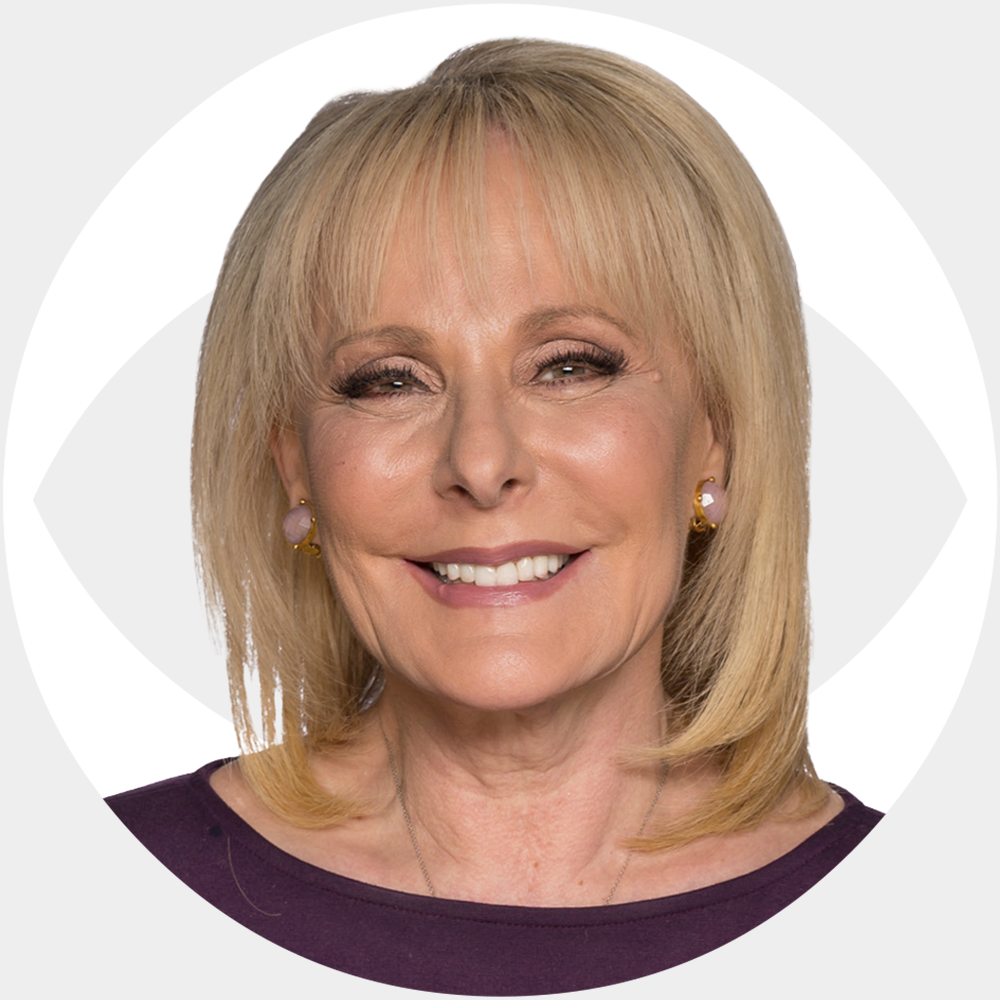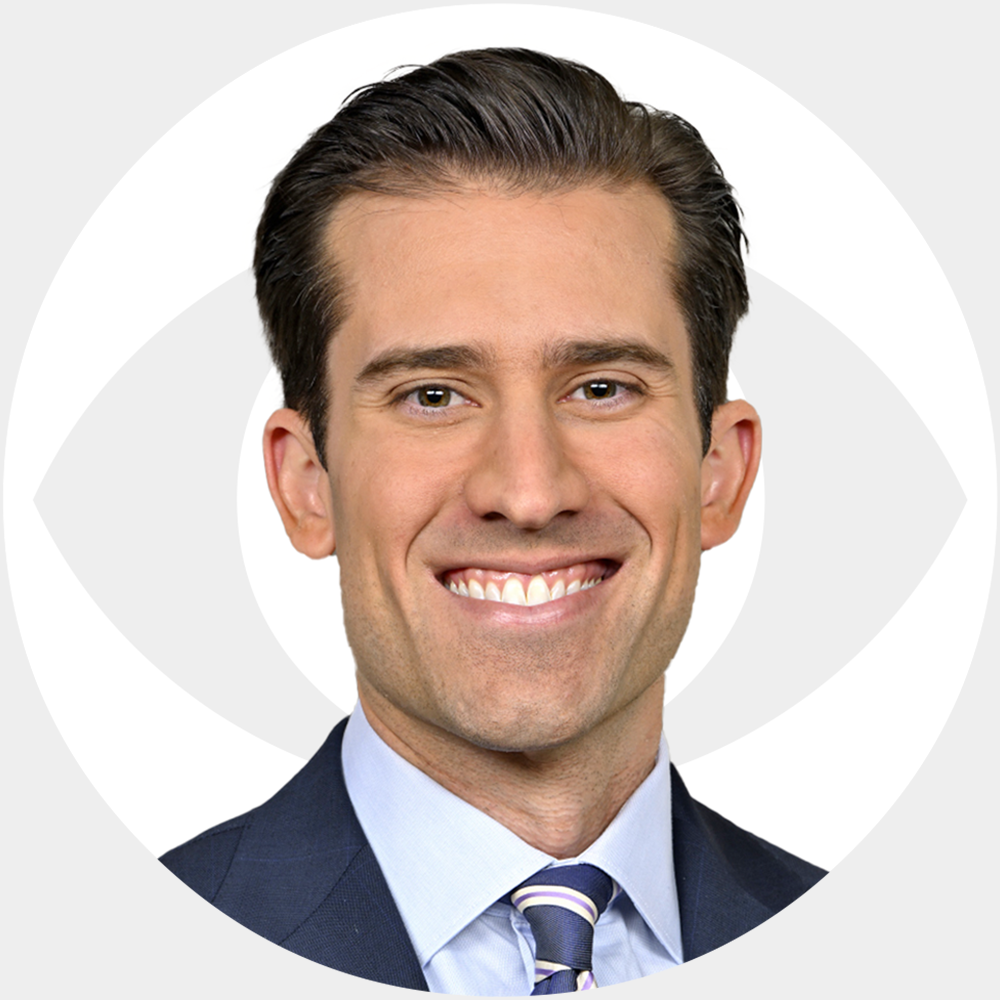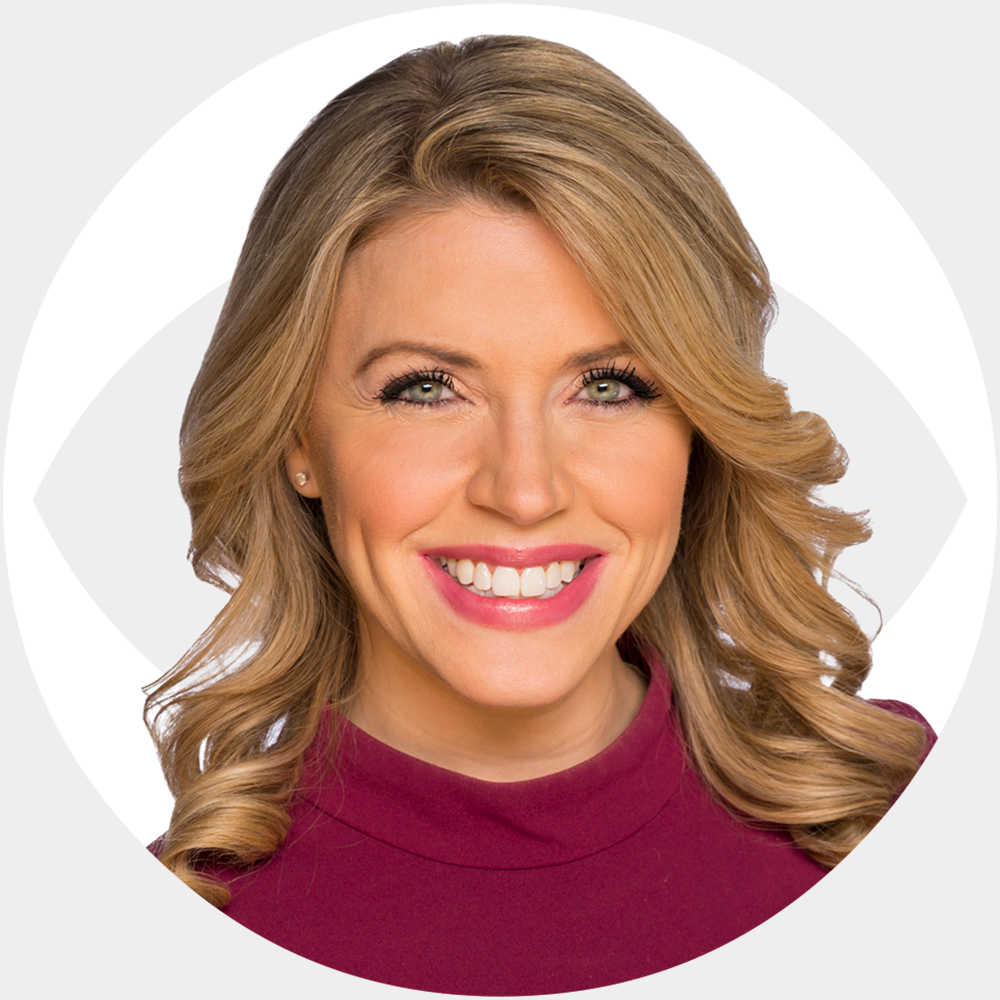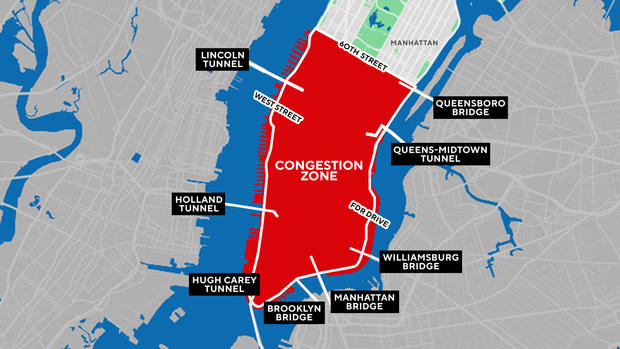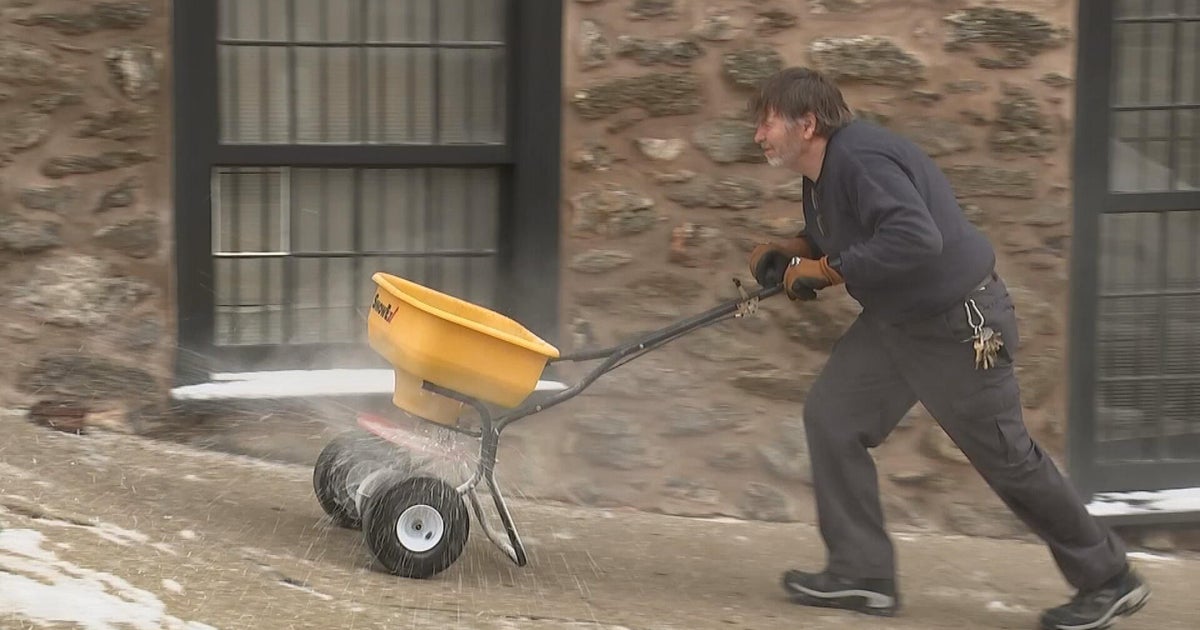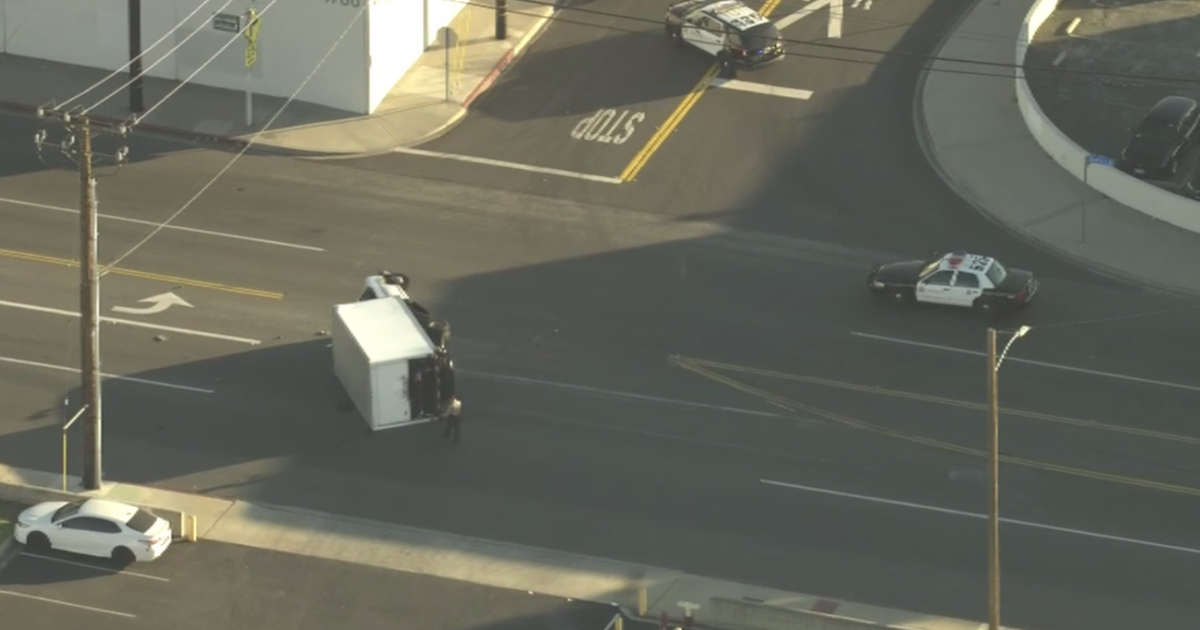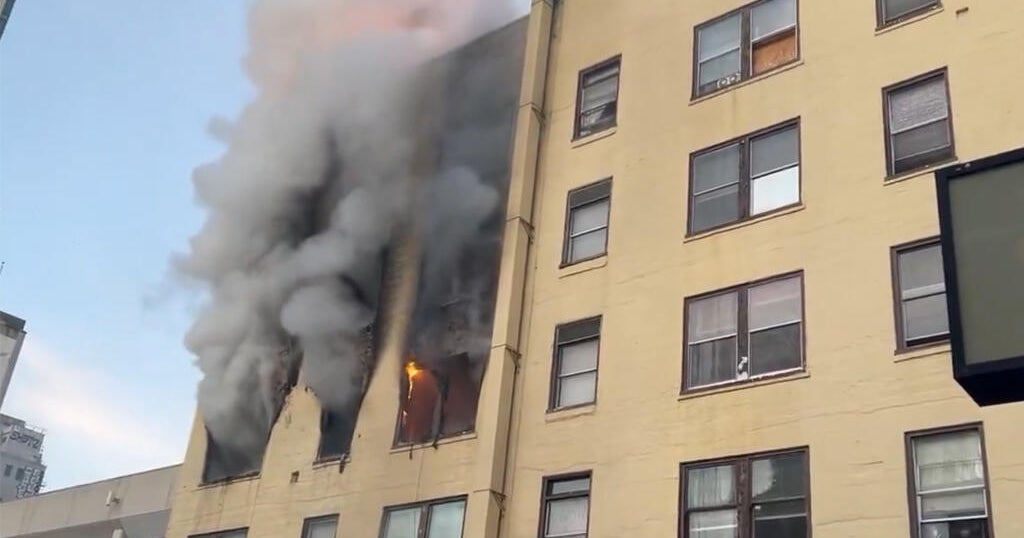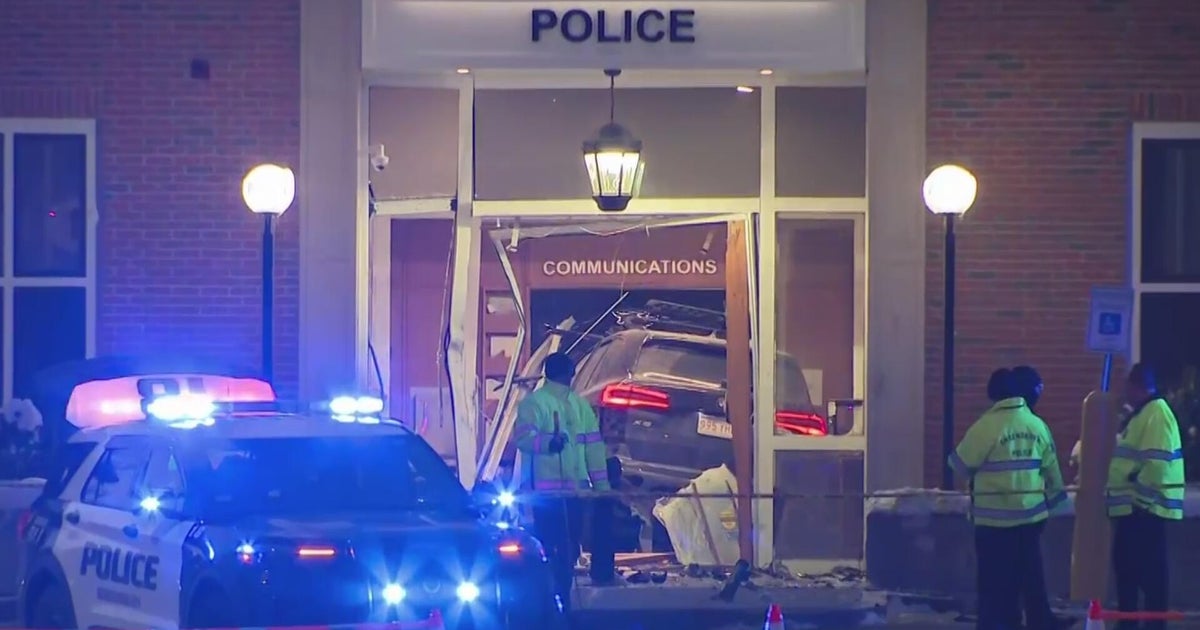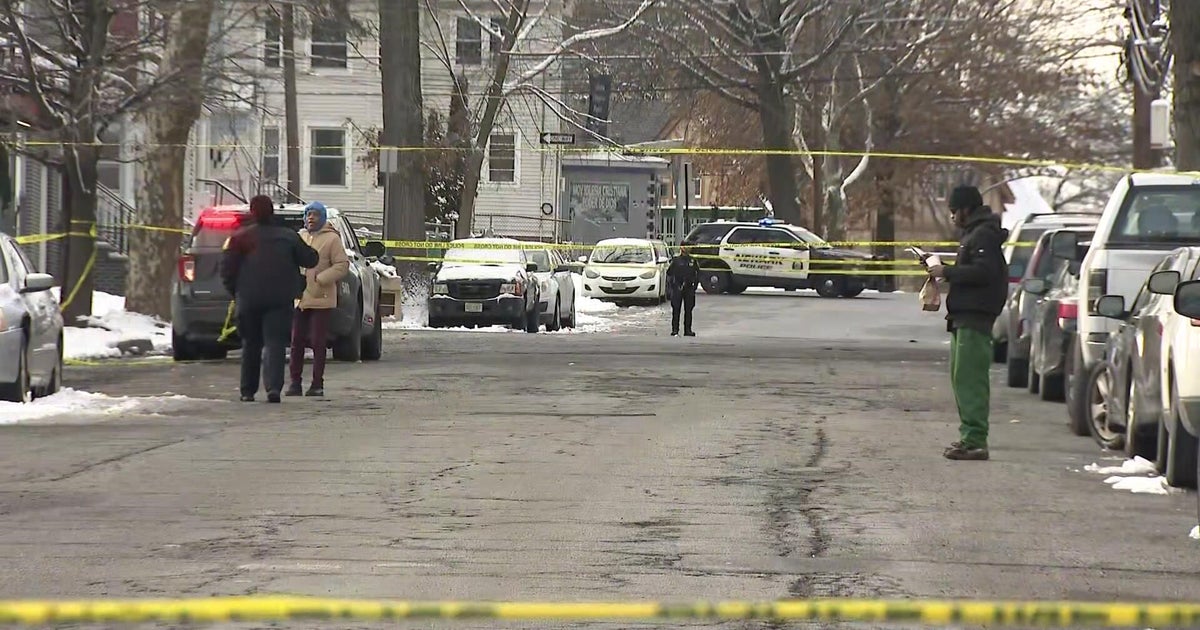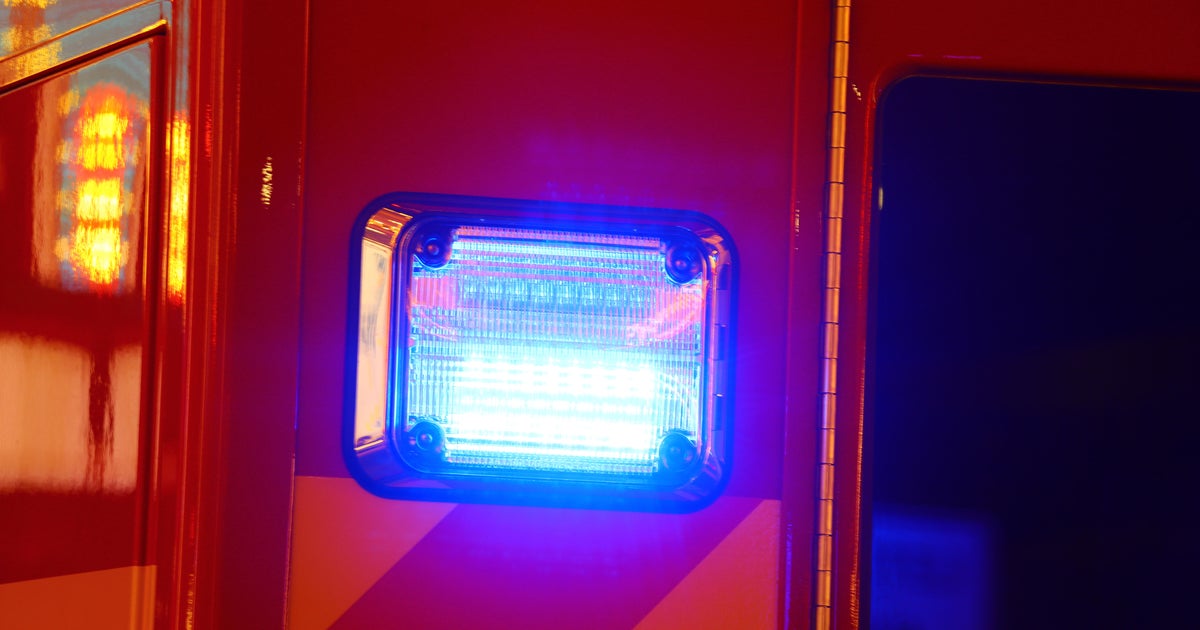Congestion pricing draft report obtained by CBS New York shows $15 toll for most drivers entering Manhattan's Central Business District
NEW YORK -- For the first time, Tri-State Area commuters know what they could be charged to get into New York's Central Business District once congestion pricing goes into effect.
According to a draft report obtained Wednesday by CBS New York political reporter Marcia Kramer, drivers are going to be asked to pay a $15 toll to enter Manhattan below 60th Street. The draft report recommends that toll be enforced between 5 a.m.-9 p.m. on weekdays and 9 a.m.-9 p.m. on weekends.
Tolls for other vehicles are as follows:
- Small trucks -- $24
- Large trucks -- $36
- Taxis -- an additional $1.25 surcharge per ride
- For-hire vehicles -- an additional $2.50 surcharge per ride
- Tour buses -- $36
- Charter buses -- $24
Watch: Marcia Kramer breaks down the details
All drivers will get a 75% discount if they enter the Central Business District after 9 p.m., paying only $3.50.
Drivers coming through the Holland, Lincoln, Queens-Midtown or Brooklyn Battery tunnels during the day would get a $5 credit towards that $15 fee, meaning they would only have to pay $10. They would not receive a credit at night.
Other vehicles would also receive credits for coming through the tunnels:
- Motorcycles -- $2.50
- Small trucks -- $12
- Large trucks -- $20
The report says the MTA's Traffic Mobility Review Board carefully looked at the many requests received in public comment for exemptions.
Watch: MTA officials discuss congestion pricing draft proposal
No credits will be offered for people with medical appointments or individuals with sensitive medical conditions that prevent them from taking public transportation.
Public employees -- such as teachers, police officers, firefighters, judges and transit workers -- still have to pay the full rate to enter the congestion zone.
Mayor Eric Adams wasn't willing to accept the proposal as written in stone. He said people going to the hospitals in the congestion zone deserve exemptions.
"I believe the $15 proposal is the beginning of the conversation. Now is the time to make the determination about who is exempted and who isn't," Adams said.
"We decided that would be inappropriate and very difficult, if we actually provided it to actually enforce and monitor in a significant way," said Carl Weisbrod, chairman of the Traffic Mobility Review Board.
According to the report, the review board "has been guided by its goal of keeping overall toll rates low ... by limiting the number of discounts and exemptions," adding "every exemption would mean the toll has to go up."
Congestion pricing zone map
"How do we satisfy, in the first instance, the many not the few -- and for that, we really recognized that the many are the million-plus people who take mass transit into the CBD every day, and the relatively few, at least in one category, are the 150,000 or so people who drive," Weisbrod said.
The report continued, "Granting discounts and exemptions is a slippery slope; each special case that is granted to some will inevitably lead to others that assert their claims are equally worthy."
To address these concerns, the panel applied a particularly high standard for providing a discount or exemption, especially for trips that can shift to transit.
According to the report, they are hoping the low night tolls will encourage more people to drive into the city overnight, which will lead to eased congestion during the day.
- Related More: Miffed over leaked congestion pricing toll at George Washington Bridge, New Jersey lawmakers vow to continue fight
The report is just a draft and still has to be approved by the MTA board. It will be open for public comment.
Drivers CBS New York spoke with did not have a lot of love for the draft proposal.
"I drive in the city all the time. To hear I'm going to have to pay $15 just to get around is insane," one driver said.
"I don't think it's good, I think it's just another expense," another driver said.
"I think this is terrible. It really doesn't help the common commuter who might live in Queens and they want a better way to get downtown. I think it's unfair," another driver added.
Some say it's not just going to hurt commuters.
Watch Doug Williams' report
Kendra Hems, president of the Trucking Association of New York, has confirmed that trucks that need to make multiple deliveries per day will be charged for each trip.
"Now we're hurting our small businesses that are in the zone that are going to have to pay increased rates as a result of these fees," Hems said.
Pricier for the truck companies, the businesses they deliver to and for consumers.
Dino Redzic is a chef and restaurant owner in Manhattan. He says the additional costs for truck deliveries will be catastrophic for small businesses.
"In idealism it may work, but in reality, it will not because it will always affect middle class to poor class," he said. "We try so hard not to affect the consumer. I mean, how much can you charge for pasta? But you have to factor in the rent, utility bills, and now we have to get smart around this congestion tax ... This is just going to drive the price to beyond belief."
Advocates say congestion pricing is necessary to fund the MTA, encourage public transit, reduce traffic and improve the environment.
"It may be onerous in the beginning, but when people get used to it, it's going to make our city better, less polluted," one person said.
"If they decrease the price of the subway, yes," said another.
Transport Workers Union International President John Samuelsen resigned from the review board Thursday, saying the proposal fails to provide improved services for people to use mass transit instead.
"The MTA has stubbornly and moronically stuck to its position that the status quo is adequate," he wrote in his resignation. "As a result, we have a congestion pricing plan that is all stick and no carrot, a half-way scheme that falls well short of the mark. It will definitely raise revenue. But raising revenue should not have been given priority status over persuading as many New Yorkers as possible to switch from cars to public transit, thus more significantly reducing traffic congestion."
Gov. Kathy Hochul said she carefully reviewed the recommendations of the report.
"I believe we'll be a model for the nation without creating an undue financial burden because we have public transportation at a very affordable cost for those families that are in need," Hochul said.
Meanwhile, there are still outstanding lawsuits filed by New Jersey Gov. Phil Murphy and the mayor of Fort Lee, New Jersey.
"(Wednesday night's) leaked report demonstrates the rushed and opaque process that the MTA and the Traffic Mobility Review Board have pursued to impose an unfair and ill-conceived congestion pricing tolling scheme on New Jersey commuters," Murphy said in a statement.
Officials hope to have the public comment process completed by early 2024 and put the tolls into place by spring 2024. The next board meeting is Dec. 6.
